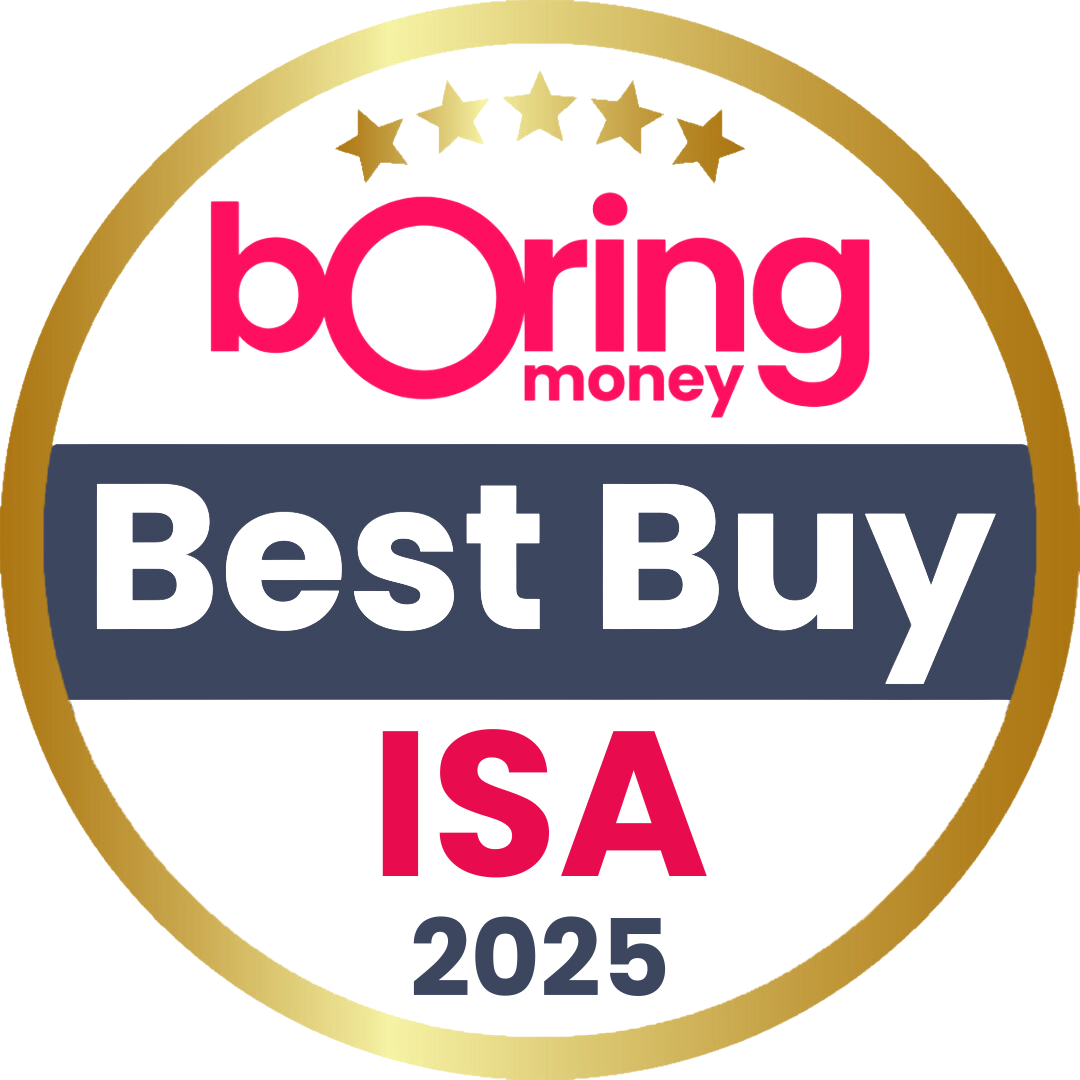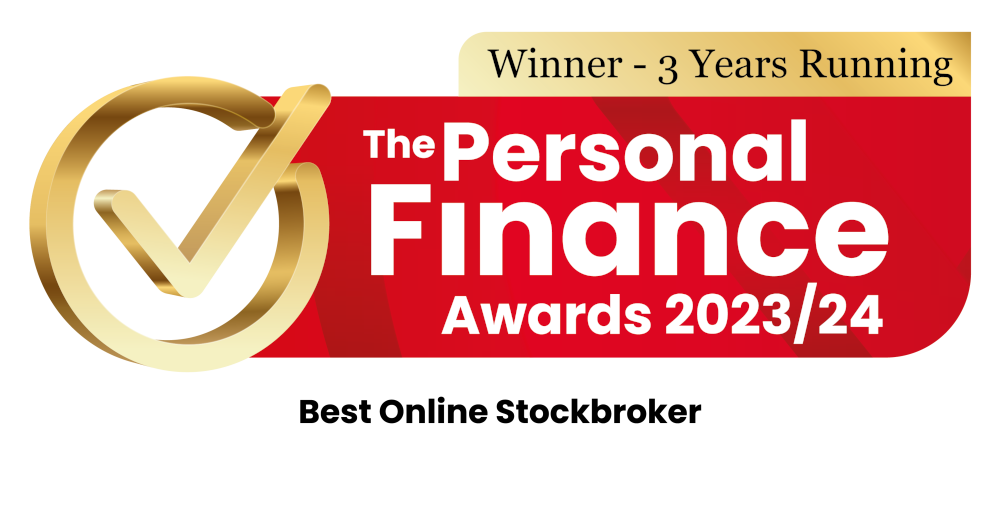
Join HL
The UK's #1 savings and investments platform
Join HL
The UK's #1 savings and investments platform
Important information: investing for longer increases the likelihood of positive returns. Over a period of five years or more, investments usually give you a higher return compared to cash savings. But investments can go down as well as up in value, so you could get back less than you put in. If you’re unsure of the suitability of an investment please seek advice. Tax rules can change and the value of any benefits depends on individual circumstances.
Open an account to get started today
From ISAs to pensions, there are different types of accounts available. The right one for you will depend on your goals. Choose from our accounts below.
HL Stocks and Shares ISA
Invest free from UK tax with our most popular account.
HL Fund and Share Account
Invest on your terms with our low-cost, flexible dealing account.
HL Self-Invested Personal Pension (SIPP)
Invest for retirement with the UK's largest direct SIPP provider. Get up to 45% tax relief on pension contributions. Once held in a pension, money is not usually accessible until age 55 (57 from 2028).
HL Active Savings Account
Save with over 20 trusted banking partners.
HL Cash ISA
Save with multiple banking partners, free from UK tax.
HL Lifetime ISA
Invest for your first home or later life and get a 25% government bonus. LISA eligibility and rules apply.
HL Junior ISA
Invest for your child with the UK’s best value Junior Stocks and Shares ISA.
HL Junior Self-Invested Personal Pension (SIPP)
Make an early start by paying into a pension for your child.
Your child will usually need to be at least 55 (rising to 57 from 2028) before they can access the money in their pension.
HL Bare Trust
Invest in a trust for a child’s future.
Still not sure which account is for you? Compare accounts
Choose how you invest

Build your own portfolio
Choose from over 4,000 funds, UK and overseas shares, investment trusts, ETFs or bonds and gilts.

Leave it to the experts
Pick from our range of expertly managed, all-in-one investment portfolios.

Take financial advice
An investment portfolio built by an expert financial adviser to match your objectives.
Hear why Jack chose to start investing with HL

Boring Money Awards 2025

Boring Money Awards 2025

The Personal Finance Awards 2023/2024
Help and support
If you have any questions, call our helpdesk or send us a message.
This website is issued by Hargreaves Lansdown Asset Management Limited (company number 1896481), which is authorised and regulated by the Financial Conduct Authority with firm reference 115248.
The Active Savings service is provided by Hargreaves Lansdown Savings Limited (company number 8355960). Hargreaves Lansdown Savings Limited is authorised and regulated by the Financial Conduct Authority (firm reference number 915119). Hargreaves Lansdown Savings Limited is authorised by the Financial Conduct Authority under the Electronic Money Regulations 2011 with firm reference 901007 for the issuing of electronic money.